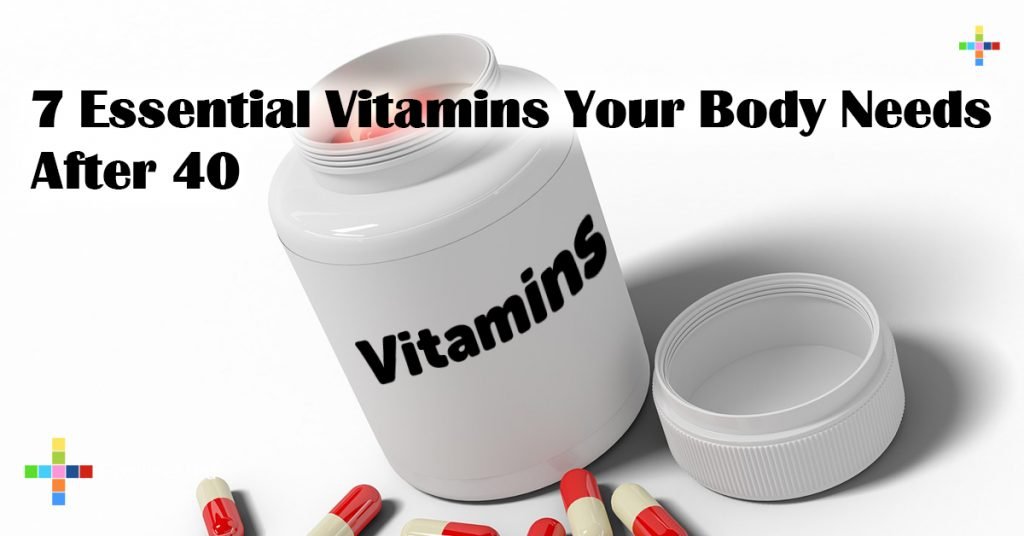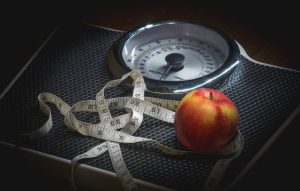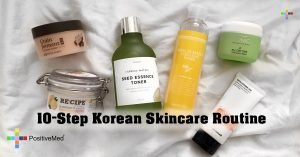
7 Essential Vitamins Your Body Needs After 40
[nextpage title=”…”]
The root word in vitamins -vita – is Latin, and literally means “life. Vitamins are so important that even if you have plenty of other nutrients, going short on vitamins can lead to a variety of diseases and overall poor health. As you get older, some vitamins become even more important. As people get older, they may not absorb vitamins as well as they did when young. Digestive and dental problems can also affect the ability to get maximum nutrition from foods. Older people are also more likely to begin to develop degenerative problems like osteoporosis, heart disease or diabetes, all of which are linked to nutrition.

The Vitamin B Group
The B vitamins are not one but a group of vitamins that affect everything from your red blood cells to your nervous system. They include thiamine, riboflavin, niacin, pantothenic acid, biotin, vitamin B6 and vitamin B12. Vitamin B12 is particularly iimportant as you get older, because you don’t absorb it as well as when you were young. Proteins like fish, poultry, meat and eggs, dairy products, leafy green vegetables, beans and peas are good sources of B vitamins. Vegetarians (and vegans especially) may need to take a vitamin B12 supplement since their protein sources are limited.
[/nextpage] [nextpage title=”…”]
Vitamin B6
Vitamin B6 is another important B vitamin for those over age 40. It is necessary for both blood sugar metabolism and fat metabolism and may reduce the risk of heart disease, as well as helping to prevent complications from diabetes. Meat, vegetables, tree nuts like almonds and walnuts, and bananas are good sources of vitamin B6.
RELATED ARTICLE: All You Need To Know About MultiVitamins
Vitamin D
Deficiencies in vitamin D – the “sunshine vitamin” -have been linked to a number of age-related conditions like heart disease, diabetes, multiple sclerosis, breast and colorectal cancer; most of these diseases affect adults age 40 or older. Vitamin D is also critical for strong bones, which help prevent osteoporosis. Fish and some fortified grain products are food sources, but people generally don’t absorb vitamin D well from foods; sunlight is a better source.
Vitamin A
Vitamin A is important for a variety of functions in the body, but especially for vision. Age-related visual problems include macular degeneration and cataracts. The immune system, which helps protect you from infections, also needs adequate vitamin A, and as you get older, your immune system is not as strong. Foods like liver, egg yolks, sweet potatoes, spinach, carrots and pumpkins are excellent sources of vitamin A.
Vitamin C and E
Vitamins C and E are antioxidants. Antioxidants neutralize free radicals – molecules that occur when the body’s cells break down. Free radicals can age tissues. Vitamin C is one of the vitamins humans cannot store in the body, so you need to eat high-vitamin C foods regularly.
[/nextpage] [nextpage title=”…”]
It is important for the skin, bones and connective tissues, and promote healing. Good food sources of vitamin C include citrus fruits and vegetables like peppers, tomatoes, broccoli and leafy green vegetables. Vitamin E is typically found in oils, nuts, seeds, and leafy greens.
RELATED ARTICLE: 8 Important Diet Changes Women Should Make After 40 To Stay In Shape
Vitamin K
Vitamin K helps your blood to clot. This is particularly important as you get older, because your skin becomes thinner and you bruise more easily. It may also help keep your bones strong. Although humans can manufacture vitamin K in their intestines, food sources include leafy green vegetables, cruciferous vegetables like broccoli and kale, and fish, liver, meat and eggs.
If you eat a well-balanced diet, you may get plenty of vitamins with your food. However, absorption problems may limit the vitamins’ effectiveness. Your physician can test for levels of some vitamins and make recommendations to improve your intake if a problem is discovered. Don’t forget that minerals are also important for best health and may act synergistically with certain vitamins. Vitamin C, for example, increases the absorption of iron. Vitamin D and calcium are both necessary for strong bones.
[/nextpage]





